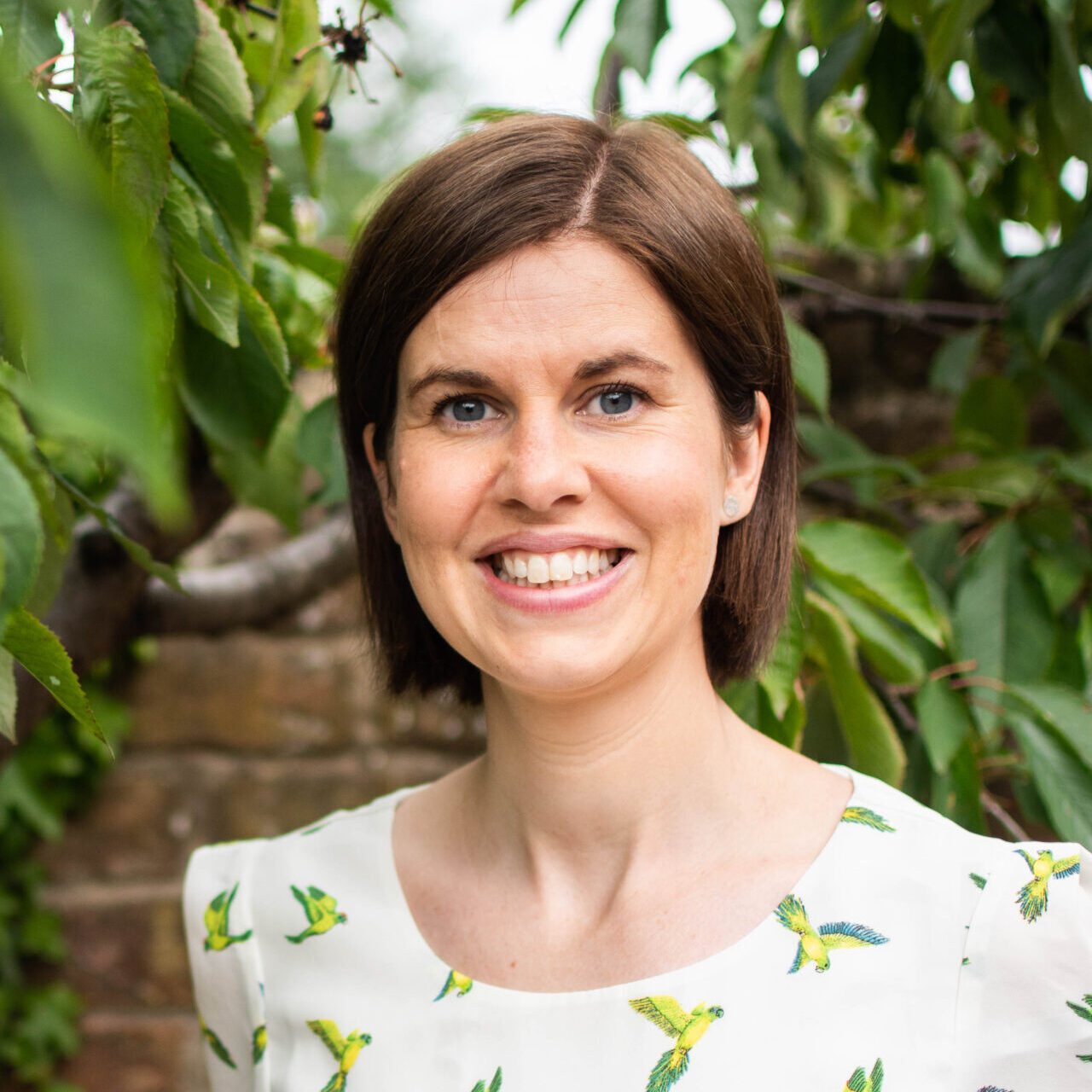Over recent months, we have carried out an increasing number of CliftonStrengths coaching sessions. Having strengths-based conversations with individuals or as part of a team, can be so powerful and bring real lightbulb moments for people.
From my coaching experiences, there are two powerful individual reflections, that really help people to appreciate and lead with strengths.
The first is “what do I need to be at my best?” This reflection and/or conversation with a coach can give real clarity on what is essential to you, to be working with your strengths, flying at your best.
You might realise that you need time to listen and think before sharing a viewpoint or making a decision (Deliberativec ); you need to know before a meeting whether a decision is expected and what that decision relates to (Analyticalc); you need to ask colleagues questions, to help you to understand why they are making that recommendation (Inputc); you need to know if deadlines are changing so that you can restructure your work programme (Disciplinec).
These are all really important realisations, about what you need to be at your best and able to deliver through your strengths. Some of the examples above, link directly to strengths; whereas those below do not but are equally important realisations.
You need to have eaten lunch; you need to have gone for a walk at lunchtime to reenergise you before afternoon meetings; you need to ensure that the meeting finishes by 3pm so you can leave for caring responsibilities.
Could you spend some time reflecting on what you need to be at your best? Can you then share that with your team or line manager or peers, to help others’ to understand what you need? Can you ask this question of others so you understand their needs?
The second is “you can count on me to…..” This activity really helps cement the appreciation of your unique strengths, and what contribution you make. Described through the lens of strengths, as an example, “you can count on me to use my Intellection talents to take in many facts and make sense of them for others”. Reflecting on, identifying and then proactively sharing your contribution can be a proactive way of recognising your strengths and the significant and unique contribution you make.
Could you identify from your strengths, the unique contribution you make? This could be a great team activity too, to really see and celebrate everyone’s contributions. This also builds awareness and appreciation, and arguably patience, for everyone else’s strengths and contributions.
If you’d like to explore your strengths and complete a CliftonStrengths assessment – which has been carried out over 32 million times worldwide – please do email Stan, our Head of Coaching (stan.barber@miova.co.uk) who would be delighted to explore this with you.

